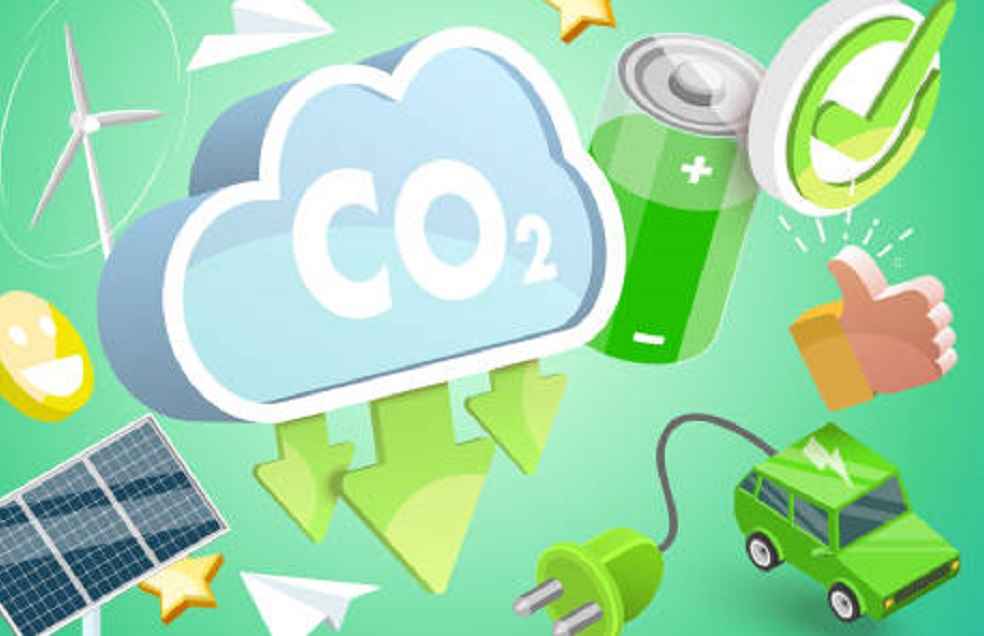EU Climate Action Commissioner Wopke Hoekstra saw top executives from Europe’s leading automakers and automotive suppliers advocating for pragmatic conditions to accelerate the sector’s environmental overhaul. This automotive roundtable also included discussions with Charles Michel, President of the European Council, prior to next week’s pivotal EU summit on competitiveness.
The European Automobile Manufacturers’ Association (ACEA) highlighted the current transformational phase of the automotive industry, noting it as the most significant in the last century, aimed at meeting the world’s strictest CO2 reduction benchmarks. The industry faces a daunting array of challenges including intense global competition for essential resources and a nascent electric vehicle market.
Preserving production within Europe remains a crucial aim for these corporations, intent on safeguarding jobs and investments. Post-meeting, ACEA’s statement emphasized the urgent need for Europe to enhance its competitive edge and establish a solid business framework to support the auto industry’s transition towards environmentally friendly and digital technologies.

Commissioner Hoekstra, having committed to this roundtable at his confirmation hearing, intended to uncover and mitigate practical obstacles to the Green Deal’s implementation. Luca de Meo, CEO of Renault Group and President of ACEA, articulated the industry’s dedication to decarbonization, with investments surpassing EUR 250 billion in vehicle electrification. Yet, he highlighted the necessity for collaborative efforts to cultivate market conditions favorable for competitive production and uptake of electric vehicles.
Matthias Zink, CEO of automotive technologies at Germany’s Schaeffler and president of the supplier lobby CLEPA, underscored the critical role of European automotive suppliers in fostering innovation and sustainability. With an annual investment of EUR 30 billion in research and development, these suppliers are crucial for advancing sustainable mobility solutions. Zink pointed out the imperative for regulatory frameworks that balance ambition with flexibility to preserve Europe’s lead in the market and expedite the realization of environmental objectives.

Discussions during the roundtable emphasized the acute need to advance the deployment of zero-emission trucks and buses, targeting a fossil-free road transport industry by 2040, focusing on battery electric and hydrogen-powered vehicles. Recognizing the continued importance of internal combustion engines in heavy-duty transport, participants acknowledged the necessity for climate-neutral solutions and complementary technologies to fulfill climate commitments.
Concluding the session, ACEA urged European policymakers to take bold measures to establish conditions conducive to enabling the auto sector to meet its ambitious CO2 reduction targets. This entails enhancing the infrastructure for electric and hydrogen fueling and advocating for a supportive carbon pricing framework to ensure economic viability for zero-emission vehicles.
LATEST | China’s EV Boom Sparks Global Demand for Car-Carrying Ships





